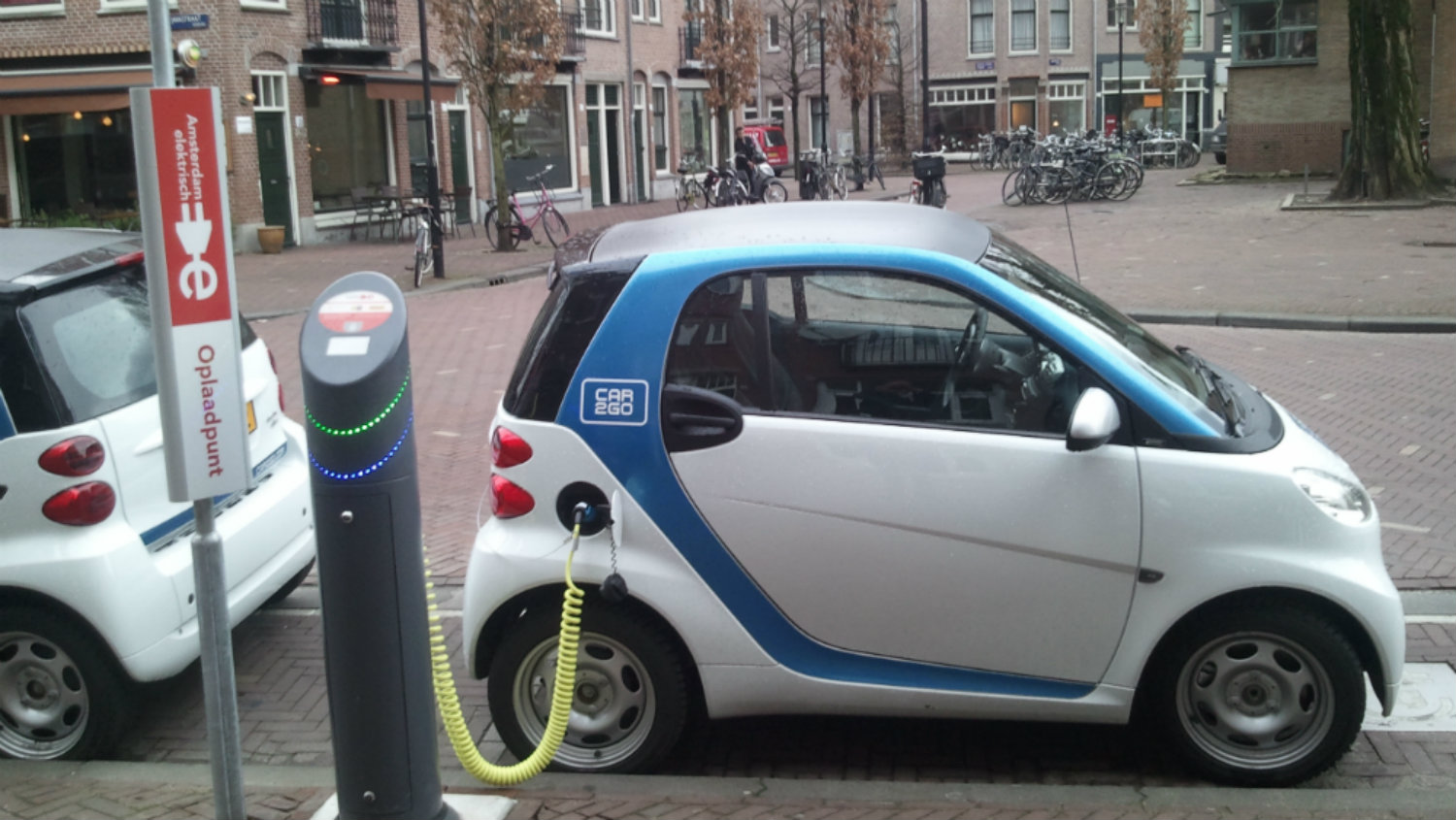Canadian auto parts manufacturer Magna International Inc. (TSX:MG)(NYSE:MGA) is raring to go after hot automotive technologies, including autonomous and electric vehicles (EV), even as it strives to become the “preferred global supplier partner for the automotive industry.”
On June 18, Magna announced two joint ventures with Beijing Electric Vehicle Co. (BJEV) — a subsidiary of the Beijing Automotive Industry Holding Co., Ltd. (better known as the BAIC Group) and China’s largest electric-car manufacturer — to set up premium electric-car engineering and manufacturing facility.
With that, Magna is not only taking big leaps into the red-hot Chinese automotive and electric-car markets, but it’s also taking its production global. When you weigh the tremendous growth potential against Magna’s current valuation, you realize what an attractive buy the stock is.
China EV market: A mind-boggling opportunity for Magna
As a leading global auto parts supplier with some of the world’s largest auto companies as its customers, Magna has its pulse on the auto market. Its venture into autonomous and electric cars, therefore, must be backed by sound reasoning. In fact, rival Linamar Corporation (TSX:LNR) is also pumping more money into such auto technologies, but Magna easily takes the lead.
And of all markets, Magna couldn’t have chosen a better and bigger market than China when it comes to electric cars.
In 2017, China sold 770,000 electric cars, or a staggering 53% jump over 2016 sales. For perspective, U.S. sold less than 200,000 EVs in 2017. That makes China the world’s largest and fastest-growing EV market.
Industry experts estimate EV sales in China to top one million this year. By 2020, the number could hit five million, as stated in Magna’s latest press release announcing the joint venture.
For Magna, there couldn’t be a bigger opportunity and better timing to join hands with BJEV.
BJEV’s solid foothold and upcoming stock listing
Magna hit the bull’s eye by partnering with none other than BJEV, also China’s largest electric car manufacturer.
BJEV doubled its EV sales in 2017 and is estimated to have cornered nearly 23% of China’s EV market last year, according to Bloomberg.
Magna’s joint ventures with BJEV aim to set up a facility with a capacity of 180,000 electric cars per year and start commercial production by 2020. BJEV intends to make it an “open and sharing platform” so that it can offer engineering and manufacturing services to other customers, too. That itself expands the joint venture’s addressable market substantially.
In another interesting development, BJEV is about to list its stock on the Shanghai’s stock exchange. That should give investors in Magna better access to information about the company, among other things. And as BJEV exploits China’s booming EV market to its advantage, its stock price should follow, which could have a ripple effect on its partner companies like Magna.
Why Magna stock is a solid buy now
I must mention that its latest foray into China will also mark the first time that Magna will engineer and build vehicles outside its existing full-manufacturing facility in Austria, which is a milestone for the company.
With today’s joint venture with BJEV, Magna has taken a big growth leap into the future of automotive. As it is, the company is growing steadily. In its most recent quarter, Magna’s sales and earnings per share (EPS) surged 21% each to hit record highs. Linamar’s numbers, comparatively, were muted.
In 2018, Magna expects to earn net profit of US$2.4-2.6 billion on sales worth US$40.9-43.1 billion. That represents 14% growth in EPS at the midpoint, yet the stock is trading at a forward price-to-earnings of only 9.5 times.
Magna is also growing its free cash flow (FCF) at a steady pace, having generated FCF worth nearly US$1.7 billion in the trailing 12 months. At 14 times FCF, Magna stock is a top buy given the company’s growth potential.








